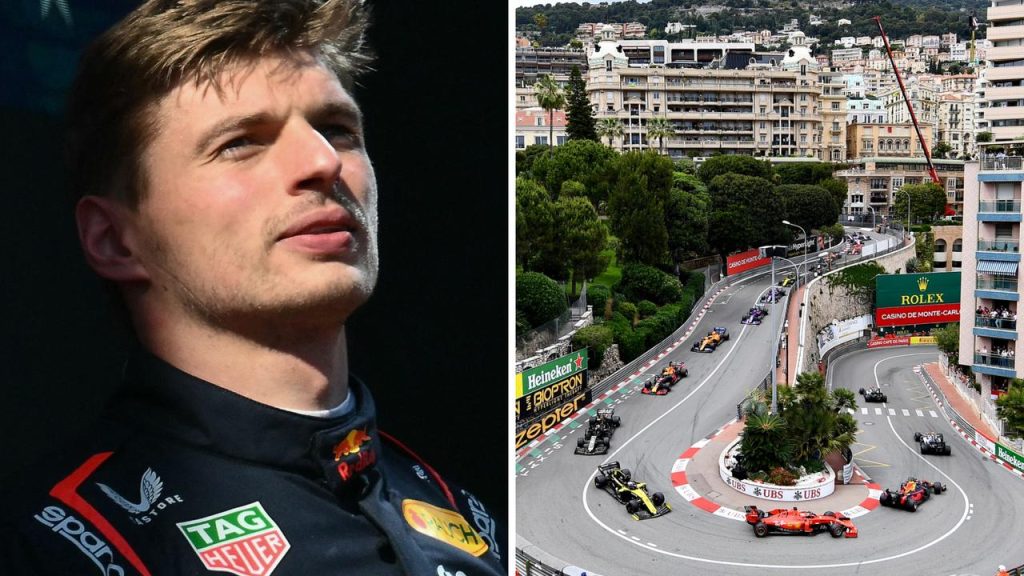Charles Leclerc’s Triumph at the Monaco Grand Prix
Last year’s Monaco Grand Prix was a standout moment for Charles Leclerc. As one of only five Formula 1 drivers representing Monaco, Leclerc faced immense pressure. Despite being a successful driver with Ferrari and having started from pole position twice before, he had only secured two points-scoring finishes—fourth and sixth—prior to this race.
Technical issues, accidents, and tactical errors had previously cost him the victory he desired, but 2023 was different. His dominating pole position set the stage for an emotional victory on the very streets where he once took the bus to school.
Highlights and Low Points of the Last Race
Leclerc’s victory made him an icon in his hometown, but the same race was deemed one of the dullest in recent Monaco history. For the first time, the top ten drivers finished in the exact order they started, with no position changes at all. Only four retirements led to any changes in standings among the finishes.
Action was minimal, highlighted only by Kevin Magnussen’s reckless attempt to pass Sergio Pérez, which ended in a significant crash, prompting a red flag. While drivers utilized the opportunity to switch to hard tires—no additional stops required due to the circuit’s slower nature—the race concluded with little excitement.
Changes for 2024: Aiming for More Action
This year promises to be different, as new regulations dictate that every driver must make at least two pit stops during the Monaco Grand Prix, a first for the event. Competitors will still need to use two different tire compounds unless the weather is wet. The pit stop strategy introduces an element of unpredictability, changing the dynamic of the race, even with overtaking being notoriously difficult in Monaco.
Additionally, the introduction of Pirelli’s new C6 tire, specifically designed for low-energy street circuits, is expected to add variability to the competition. The entire compound selection will shift, impacting strategy and performance. However, skepticism surrounds whether these adjustments will yield meaningful change in a setting where overtaking remains a challenge.
The Future of Overtaking in F1
As overtaking becomes increasingly difficult in Formula 1, modifications like the mandatory two-stop rule are crucial not just for Monaco, but for the sport overall. Teams are now exploring new strategies to enhance track action amidst a trend where fewer overtakes are recorded. Concerns were voiced after a race in Japan saw only 15 overtakes, prompting discussions about how to revive competitiveness in the sport.
The Enduring Appeal of Monaco
Regardless of the challenges, Monaco remains a vital part of the Formula 1 calendar, with a new contract securing its place until 2031. While the iconic race still struggles with overtaking due to the sheer size and weight of modern F1 cars, its allure lies in the breathtaking tension and skill displayed during qualifying. The 75th anniversary of the event underscores its historic significance and uniqueness in the racing world.



